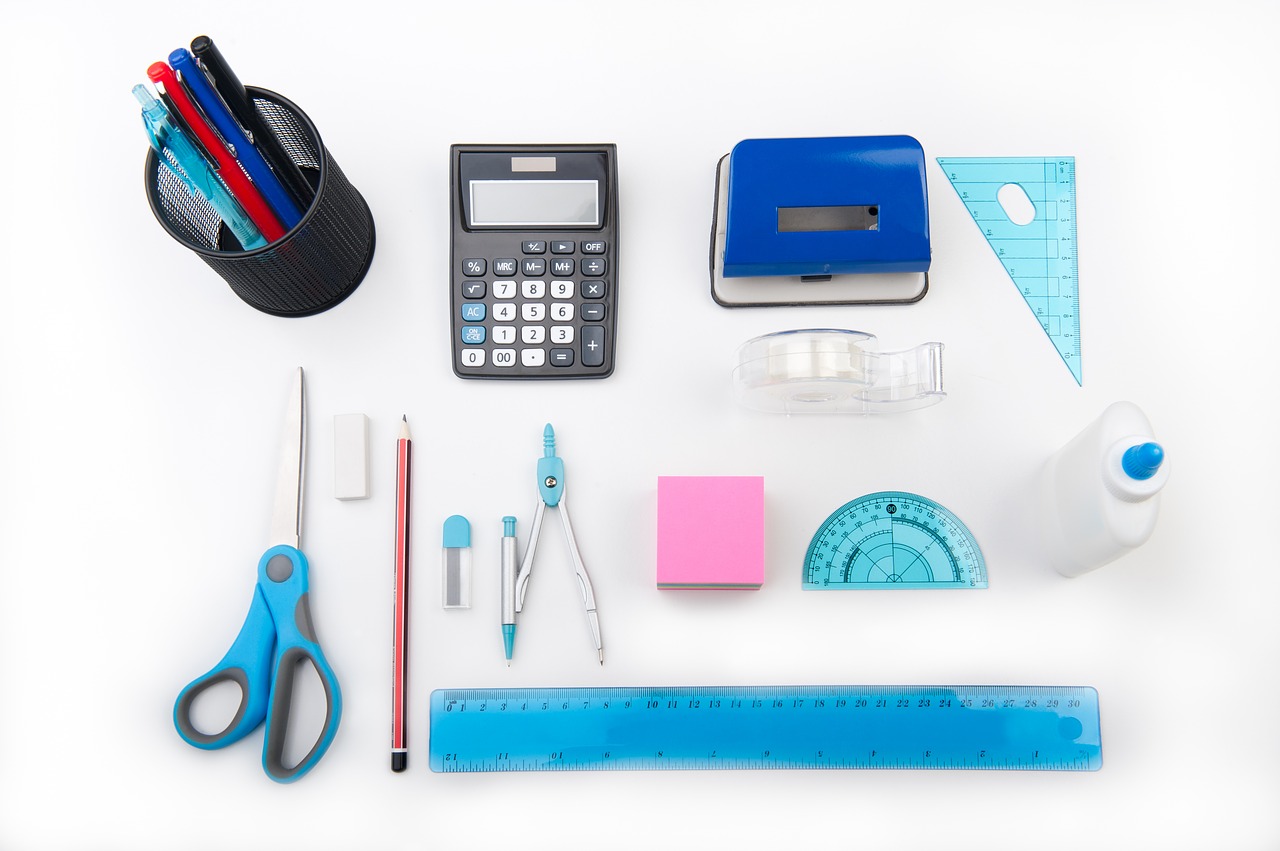Teacher unions have often complained about teachers having to use their own money to buy classroom supplies, but the state’s largest teacher opposes districts being required to provide a teacher supply stipend of $500 each year. In this case, the Kansas National Education Association (KNEA) sides with management against its members.
The Kansas Association of School Boards and the Kansas School Superintendents Association also voiced opposition to HB 2233 during a hearing on Monday afternoon. The bill would require school districts to provide full-time teachers with a $500 stipend each year to purchase classroom supplies.
Mark Desetti, a lobbyist for the Kansas National Educators Association, recognizes it’s weird for the teachers union to oppose the legislation.
“We don’t think it’s appropriate to direct the school districts that they have to spend the money in this way,” Desetti told the House education committee during a hearing on the legislation. “Teachers might appreciate a raise more than $500.”

Rep. Cheryl Helmer, a Mulvane Republican, sponsored the bill. She was the only person to speak in support of it.
“Why do teachers have to spend their own money to educate our children?” Helmer said. “Teachers struggle on their salary…let’s take this burden away from them.”
Opponents argued that a teacher supply stipend would usurp the local school board’s authority if legislators mandate that the state’s 34,700 public school teachers receive a $500 stipend each year. It would cost the state’s 296 school districts a total of $17.4 million each year according to the State Budget Department.
Kansas Association of School Board lobbyist, Leah Fliter, said she’d rather see legislators add $17 million more in base state aid funding to schools rather than mandate districts provide a teacher supply stipend. Gov. Laura Kelly’s budget proposal seeks to add $92 million in additional base aid to schools, and lawmakers continue to grapple with how to meet a Court-mandate requiring them to craft reasonably calculated school funding mechanism so students can meet certain educational standards.
Desetti said legislators should concentrate on meeting the Court’s demands before tackling classroom supplies.
“We ought to focus on getting school funding right, getting out of court, and then we can talk about other things,” Desetti told the Kansas House Education Committee.
Former Speaker of the Kansas House, Mike O’Neal, said in written testimony opposed to the bill that school districts have a responsibility to provide sufficient resources for the classroom.
“If, indeed, districts are diverting needed classroom resources elsewhere, this is evidence that districts are not providing resources reasonably calculated to achieve student goals and outcomes,” O’Neal wrote in testimony supplied on behalf of the Kansas Policy Institute, which owns and operates the Sentinel.
O’Neal’s testimony also questioned whether, by not paying for classroom supplies, districts are choosing to not provide funding for students to achieve required outcomes. He quoted the definition of Instruction (which includes classroom supplies) from the KSDE Accounting Handbook:
“Although all other functions are important, this function acts as the most important part of the education program, the very foundation on which everything else is built. If this function fails to perform at the needed level, the whole educational program is doomed to failure regardless of how well the other functions perform.”
On average, school districts allocated about 53 percent of funding to Instruction, according to data collected from the Kansas Department of Education by Kansas Policy Institute.




